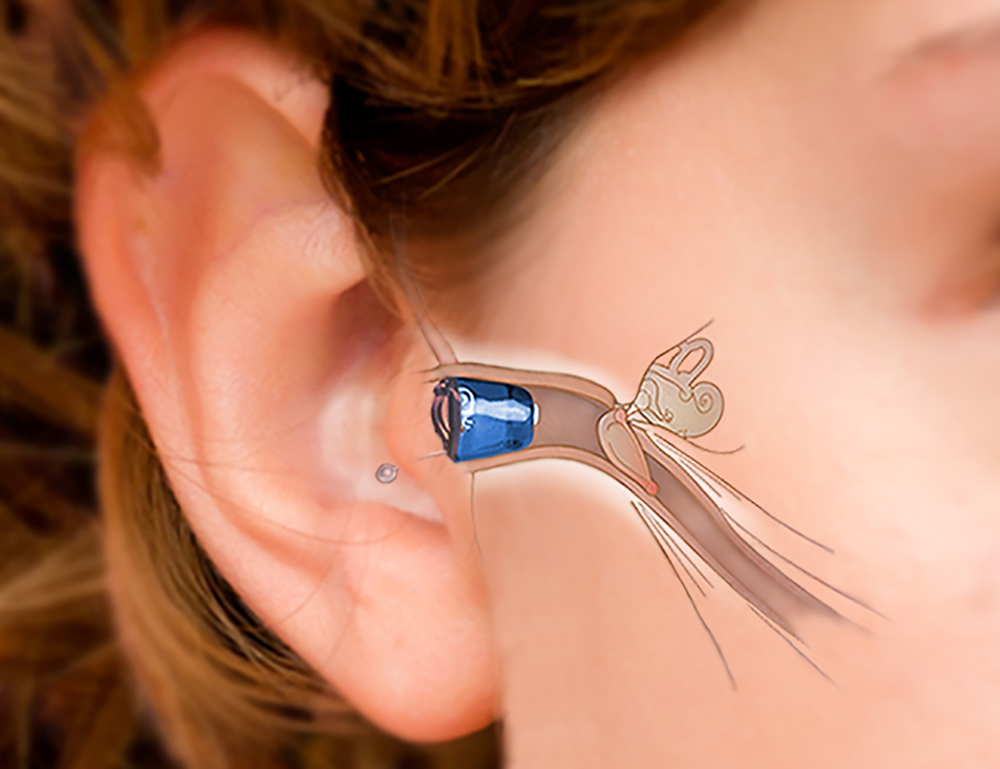The Essential Guide to Vitamins: What You Need to Know
Vitamins are essential to our health and wellness. They play a significant role in bodily functions such as metabolism, immune response, and cell growth. While our bodies can produce some vitamins, the majority need to be obtained from our diet or from supplements. In this article, we will explore the world of vitamins and answer some of the most frequently asked questions about them.

What Are Vitamins?
Vitamins are organic compounds that our bodies need in small amounts to function properly. They are essential nutrients, which means our bodies cannot make enough of them (or at all) and we must get them from our diet. There are 13 essential vitamins that our bodies need, which are divided into two categories: water-soluble and fat-soluble.
What Is The Difference Between Water-Soluble And Fat-Soluble Vitamins?
Water-soluble vitamins dissolve in water and are not stored by the body. They are eliminated in urine, which means we need a continuous supply of these vitamins in our diet. The B vitamins and vitamin C are water-soluble.
Fat-soluble vitamins are stored in the body’s cells and are not excreted as easily as water-soluble vitamins. They do not need to be consumed as often as long as they are not deficient in the diet. Vitamins A, D, E, and K are fat-soluble.
Why Are Vitamins Important?
Vitamins are vital for our bodies to function properly. Each vitamin plays a unique role in maintaining our health. For example, vitamin A is important for vision and immune function, B vitamins are vital for energy production, vitamin C is important for collagen production and the immune system, and vitamin D is crucial for bone health.
How Can We Get The Necessary Vitamins?
The best way to get the necessary vitamins is by eating a varied and balanced diet. This includes plenty of fruits, vegetables, whole grains, lean proteins, and healthy fats. However, in some cases, a person may need to take a vitamin supplement to meet their nutritional needs.
Can You Overdose On Vitamins?
Yes, it is possible to overdose on vitamins. This is particularly true for fat-soluble vitamins, which the body stores, and certain water-soluble ones like vitamin B6. Overdosing on vitamins can lead to a range of symptoms from nausea and diarrhea to more serious complications like kidney stones or even life-threatening conditions.
What Are Some Reliable Vitamin Supplements?
When it comes to choosing a vitamin supplement, it’s important to be aware of the quality and reliability of the product. Always opt for supplements from reputable manufacturers. Here are a few providers of vitamin supplements:
| Provider | Vitamins Offered | Key Features |
|---|---|---|
| Nature’s Bounty | Multivitamins, individual vitamins | Non-GMO, tested for purity |
| NOW Foods | Multivitamins, individual vitamins | Non-GMO, vegan options available |
| Garden of Life | Multivitamins, individual vitamins | Organic, Non-GMO, vegan options available |
Prices, rates, or cost estimates mentioned in this article are based on the latest available information but may change over time. Independent research is advised before making financial decisions.
In conclusion, vitamins are essential for our health and wellbeing. The best way to get the necessary vitamins is through a balanced and varied diet, but in some cases, supplements may be necessary. Always remember to consult a healthcare professional before starting any new supplement regimen.
This article is for informational purposes only and should not be considered medical advice. Please consult a qualified healthcare professional for personalized guidance and treatment.




